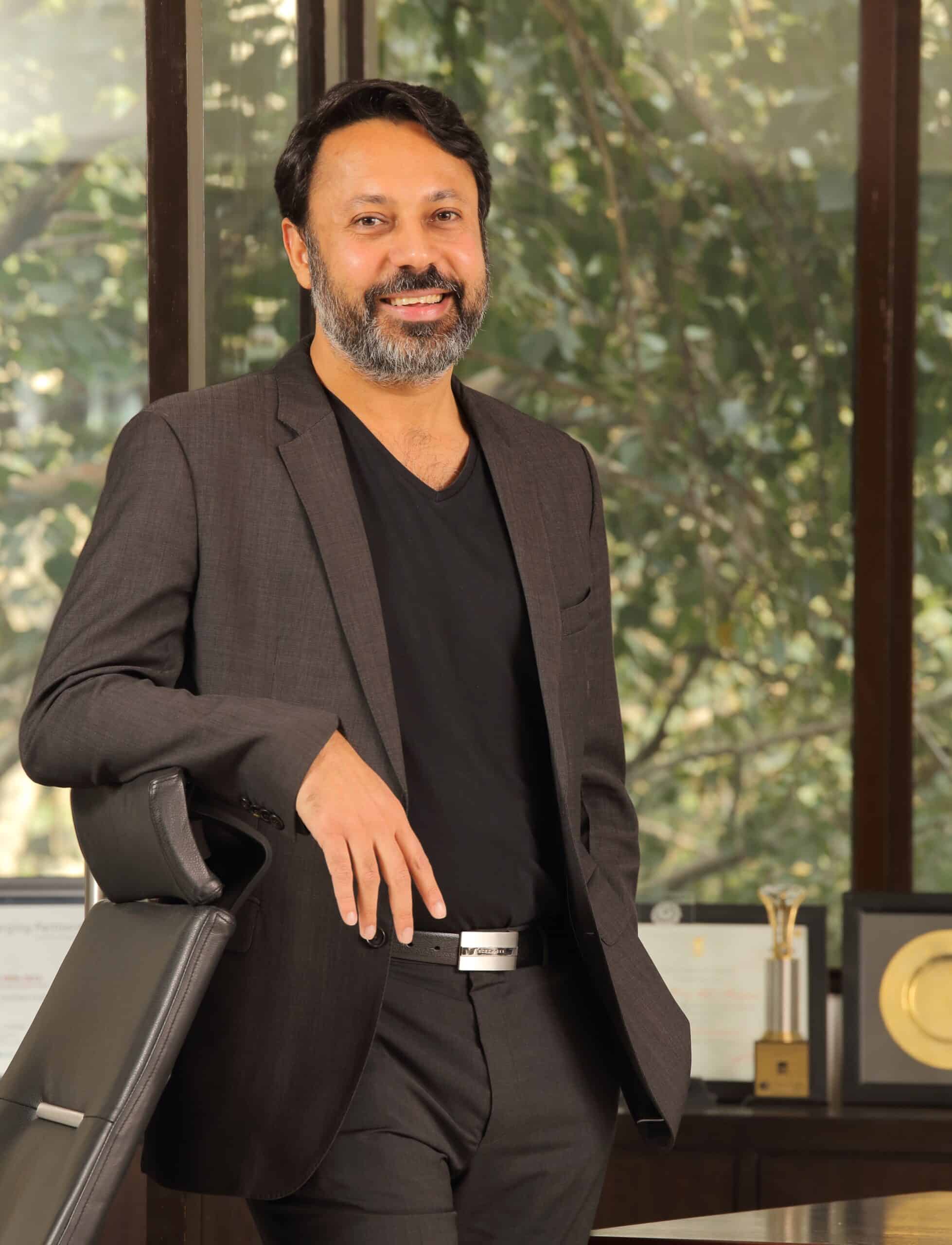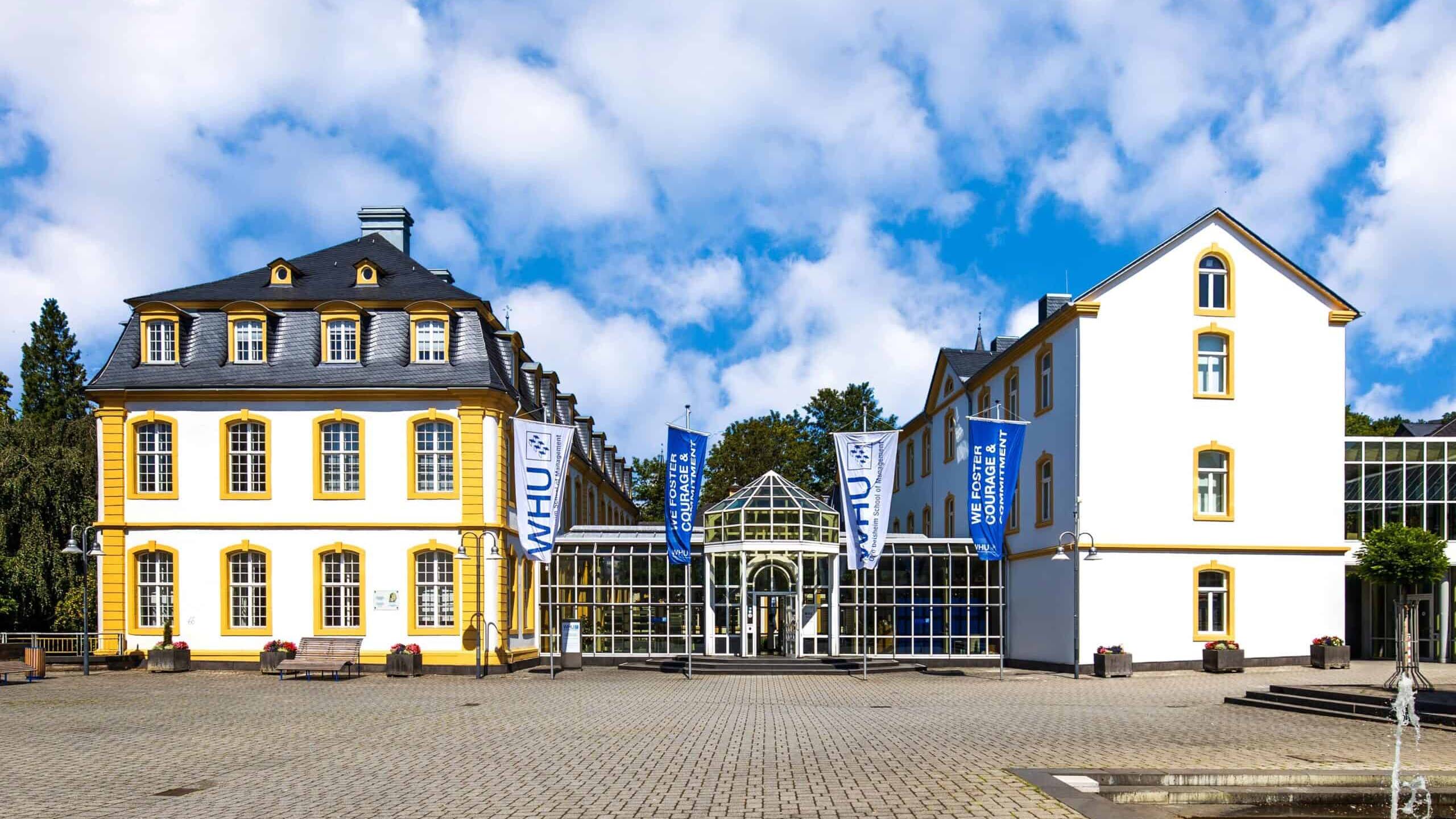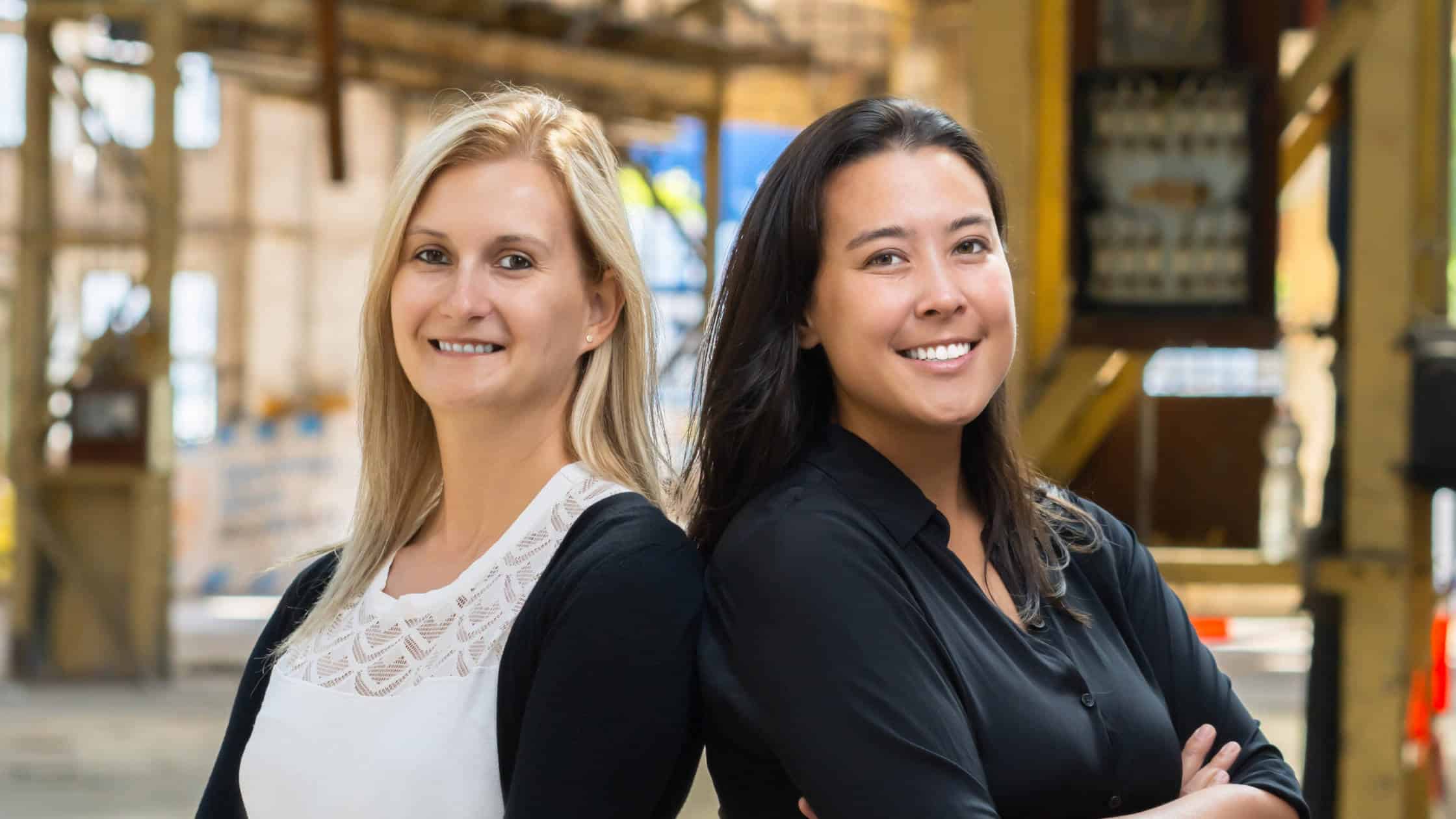As economic uncertainty slows down the pace of investments in many areas, there is one vertical that has seen unparalleled growth: climate tech. In 2021, it became the fastest growing vertical in Europe, seeing 10x growth in investment in only four years, reaching $11 billion in 2021. As awareness of climate change grows, more and more entrepreneurs are entering this field in hopes of making an impact. Inderpreet Wadhwa tells us how he left a comfortable career in Silicon Valley to found a multibillion solar power startup in India and now supports the next generation of climate entrepreneurs to realize their ambitions.

Founder, Clime Finance and Vert One
Inderpreet Singh Wadhwa is an Indian-American climate entrepreneur. He started his career as a developer at Oracle in Silicon Valley. In 2008, he founded Azure Power which went on to become a leading sustainable energy solutions provider and renewable power producer in India. In 2016, it became the first listing of Indian energy assets on the New York Stock Exchange. He now heads two companies that fund SME-led climate projects, Clime Finance and Vert One and teaches climate entrepreneurship at EPFL in Lausanne. He is also an advisor to Partners Group and mentors several climate startups. Inderpreet graduated from Haas School of Business at UC Berkeley and has a Bachelor’s in Electronic Engineering from Guru Nanak Dev University in Punjab, India.
You started out as a developer at Oracle in Silicon Valley, how did you become interested in entrepreneurship?
While I was at Oracle, I wanted to know more about entrepreneurship. This was at the time of the dot-com boom in Silicon Valley. I went to UC Berkeley in the evenings to study for an MBA and took a few courses in entrepreneurship. I think there’s something about the environment at UC Berkeley that makes you start thinking about social entrepreneurship. At the same time, I began having conversations about infrastructure in India with other individuals with a similar background to mine. A lot of people were complaining about it, but they were comparing the infrastructure in a developing country with that in a developed one. I thought: we have some of the brightest minds out of India in Silicon Valley, but what is our contribution to India in this space? Rather than critiquing the policies, we should try to make an impact. But back then everyone seemed comfortable in their lives and jobs in Silicon Valley, and didn’t want to go back.
How did you take the step of going back to India?
I wasn’t thinking of going back to India, but I was questioning why people didn’t go back to India. And believe it or not, now it feels like it was destiny. There was some real estate litigation in my extended family that required me to leave my job in Silicon Valley and go back to India for a long period of time. So here I was suddenly back in India, unemployed for a few months, and meeting several policy makers and politicians about real estate litigation matters. And we ended up talking about renewable energy. This was when SunEdison was starting to build rooftop solar projects in California and because of it, I knew a bit about the topic. The policymakers saw the potential solar power could have for India that has over 300 days of sunshine and a huge power shortage. I gave a presentation on solar power opportunities for India and one of the politicians asked me whether I was serious about doing something about infrastructure in India or if I would just give a talk and go back to my comfortable life overseas. I think that was a turning point and I thought, I’m in India, I have an opportunity. Why not take it?
Is that the reason you decided to go into solar power?
Partially. The other reason was, when I went back to India after many years, the first thing that hit me when I landed in New Delhi was the poverty I saw on the streets. There were all these little children, entire families begging for food or money. And while you can always give a handout, it’s not sustainable. So I always had this thought at the back of my mind that when I would build a business, I would find a way to create sustainable employment for these individuals that came from rural areas to big cities in search of jobs, but were not able to find any. But how could I create employment in rural India?
It was like an aha moment when I realized that I can build solar plants in rural areas and create local jobs so people don’t have to migrate to cities to find work. It was a great confluence of climate goals, social and economic inclusiveness, and improving the infrastructure in the country. It was as if I put down all my ideal goals for a venture and solar energy checked all the boxes.
Azure Power became one of the biggest startup successes to come out of India at the time. What made you decide to leave it?
I founded the company in 2008 and retired from it in 2019. During the 12 years I spent developing it, we raised about $2 billion and we were listed on both the New York and Singapore stock exchanges. We were also able to bring down the cost of solar energy below that of energy from coal power plants. That was a big win and it opened up the market for large-scale projects. I think from then on, it was more about execution and scaling. I am driven by innovation. I saw that by staying on at Azure, I would have a limited impact. But if I retired, and do what I’m doing now, I could have a much bigger impact.
Now, I’m trying to support as many other climate ventures as possible through advisory, investment, mentorship and teaching. This way I can create more Azure Powers than I could ever hope to build on my own. I also wanted to share my story with others, to show them they too can have an impact as an entrepreneur, and they don’t need to settle for a comfortable job in a well-established company.
What are the projects you’re working on now?
I founded two companies. One is a technology platform, Vert One and the other is a non-banking financial corporation, Clime Finance. I’m actually trying to build a bank focused on small and medium enterprises engaged in climate. There are only a few institutions around the world working in this space and it is extremely challenging.
Today, if you deposit money in a bank account, the bank will lend that capital to different projects. These projects may not align with your personal goals in life and interests. However, you, as an individual, cannot make a choice where your money goes. I’m trying to change that. I would only finance smaller local climate companies. There is a big movement and desire to support everything local. Imagine if you put your money in a bank and know you can finance a climate positive project with your capital in your neighborhood and make good returns, would you not want to do that? But no big bank gives customers that option. It will be a very long and arduous process that I expect will take me maybe 20 years. My goal is to make it into one of the highest-rated financial institutions in the world while keeping it firmly SME-focused.

The deep-tech VC of choice for entrepreneurial investors
Since 2010, we have invested in 180 European deep tech companies based on topical experience. With a highly skilled team of investment professionals, we back outstanding entrepreneurs driving growth in key industries. Verve is the pioneer of deep tech in Europe.
You’ve been teaching climate entrepreneurship at EPFL. What kind of advice do you give climate entrepreneurs right now?
The first thing I do is help entrepreneurs understand that climate innovation can happen in any field. Typically, when you hear about climate, you generally think about energy. But there’s a lot more than energy. There’s food, regenerative agriculture, there’s impact on your own life, your own health. Just about everything we, as humans, do on this planet has a climate impact. Then I help them explore their own interests and look at the impact they can have with their venture. Once they understand the climate aspect of entrepreneurship, then it’s just like any other business, you have to have a business model, a go to market strategy, a financing plan and sales strategy and you go from there. That’s the easy part.
You’ve been in the climate field for a considerable time. What are some of the biggest changes you’ve seen in the last 10 years?
I would say the most important change is that in the energy field no one questions renewables anymore. When I was building Azure Power, people were asking me questions like: can they turn on air conditioners with solar energy? Can they pump water with it? People didn’t know how you can take the energy of the sun and convert it into electricity. Many thought it was just an idea, it wouldn’t materialize into anything. Now everybody knows that most of the new energy generation capacity around the world will come from renewables, not from coal and gas. I think that’s the number one shift and it’s a result of policy and technological innovations. Compared to ten years ago, the number of countries that have an active policy to support solar energy has gone up tremendously. The second big change is around climate itself. There was a lot of debate in political circles around the world about whether climate change is real. Nowadays, I don’t think many people still question the effect we’re having on the planet anymore.
What do you think the biggest areas of growth in climate tech will be in the next five years?
I think climate finance at the grassroots level will become extremely important. We will have more and more regulated financial institutions dedicated to climate goals. Another change will be around shared electric mobility. Although electric cars are becoming increasingly common, they have not been adopted widely for shared mobility so far. I think taxis and other forms of shared transportation around the world will shift towards electric vehicles, for example.
What are the biggest challenges for a climate startup right now?
To me, the number one challenge for climate startups continues to be policy. They need to understand the regulatory environment and work with governments to make sure that the policy they rely on is sustainable. What you don’t want is to go ahead, invest, build a technology and then have a policy come in that effectively shuts you down. This has happened many times in many areas in many places of the world. The number two risk is really your technology. It’s very important to make sure it’s reliable and scalable. To me, this is no different than any other business that relies on technology.
Do you think that the current macroeconomic situation will affect climate tech funding?
The pandemic has gotten a lot of people to rethink their priorities and put climate at the top of their lists. In the same way, the energy crisis now has gotten everybody thinking about energy security. The easiest way to achieve it is through renewables. So the last two years have been quite positive for climate companies and startups and more and more capital is available for them.
I think it’s a lot easier to fix a fantastic planet we have than to try to build a new one.
How do you feel about the future of climate tech in general?
The way I see it, the future is climate tech. Otherwise, there is no future. To me, it’s something that just comes so naturally. It’s like investing in yourself. As an individual, you invest in yourself by eating healthy, by working out, through education, you invest in your surroundings, you get an apartment and so on. If we, as humankind, don’t invest in our planet, we’ll end up destroying it. And it’s only going to affect us, nobody else. I personally feel there is no alternative even though people are talking about building colonies in space and so on. I think it’s a lot easier to fix a fantastic planet we have than to try to build a new one.
Written by
WITH US, YOU CANCO-INVEST IN DEEP TECH STARTUPS

Verve's investor network
With annual investments of EUR 60-70 mio, we belong to the top 10% most active startup investors in Europe. We therefore get you into competitive financing rounds alongside other world-class venture capital funds.
We empower you to build your individual portfolio.
More News
10.10.2022
“Climate tech is resilient to economic crises”
Over $60 billion were invested in climate tech in the first half of 2021, a 210% growth in investment year-on-year. Isabella Fandrych co-founded Nucleus Capital, a venture company specializing in climate tech investment. In this interview, she tells us more about what makes climate tech a resilient investment in turbulent times and the many funding opportunities available for startups in this space.
27.09.2022
“A guest lecture on entrepreneurship is not enough”
WHU - Otto Beisheim School of Management is one of Germany’s most prestigious business schools and produces more unicorns than most European universities. This year, Verve Ventures has already invested in two startups founded by WHU alumni, namely marta and Erste Hausverwaltung (EHV). Time to find out what makes WHU an ideal training ground for future entrepreneurs and speak to Maximilian Eckel, who heads WHU’s Entrepreneurship Center.
19.09.2022
A new era in lithium-ion battery recycling
With 30 million electric vehicles expected to hit European roads by 2030, recovering critical materials from lithium-ion batteries has become a key part of decreasing the environmental footprint of electrification. tozero has developed a proprietary process that enables the recovery of all critical materials, including lithium.
Startups,Innovation andVenture Capital
Sign up to receive our regular newsletter and learn about investing in technologies that are changing the world.




